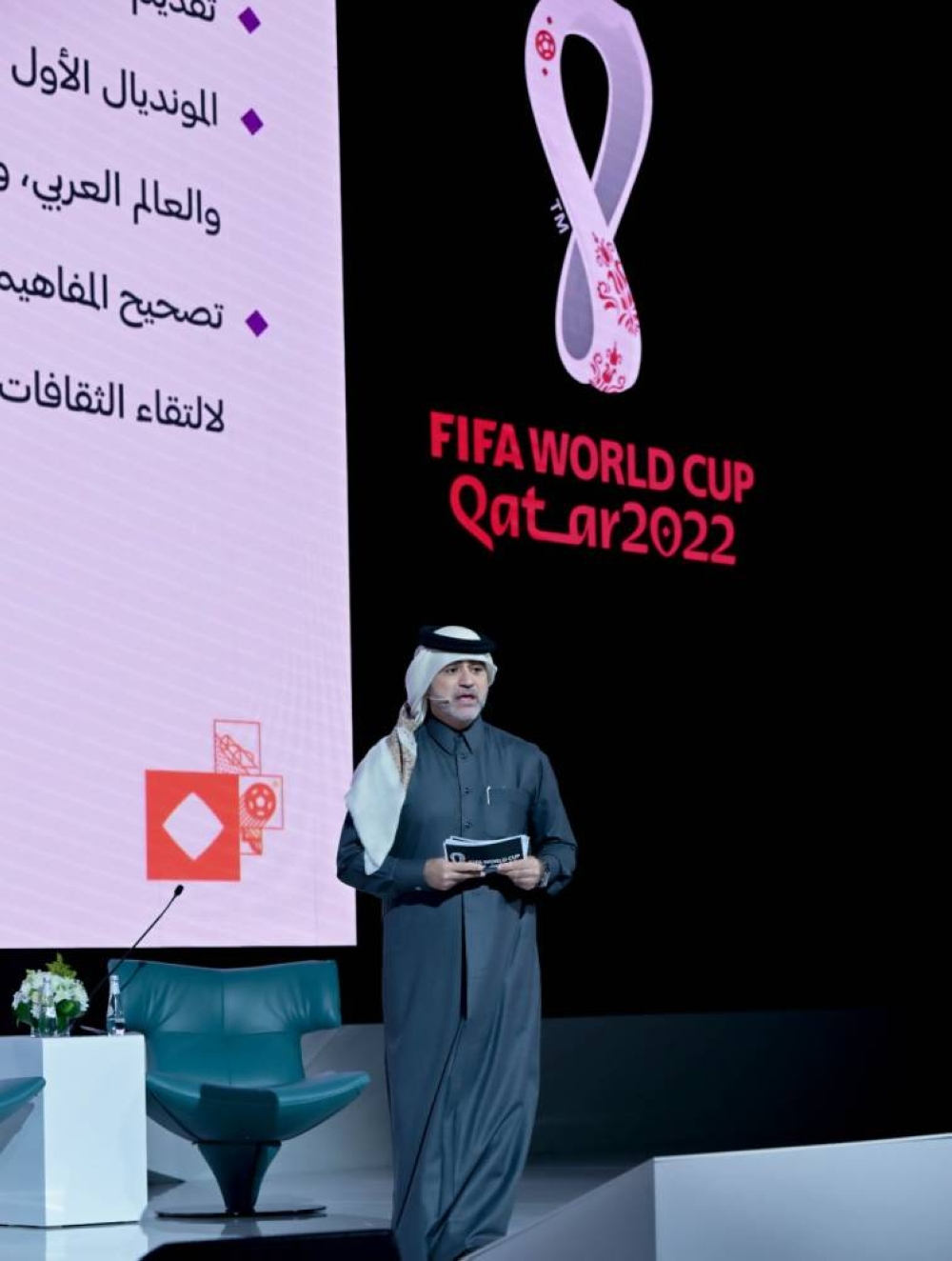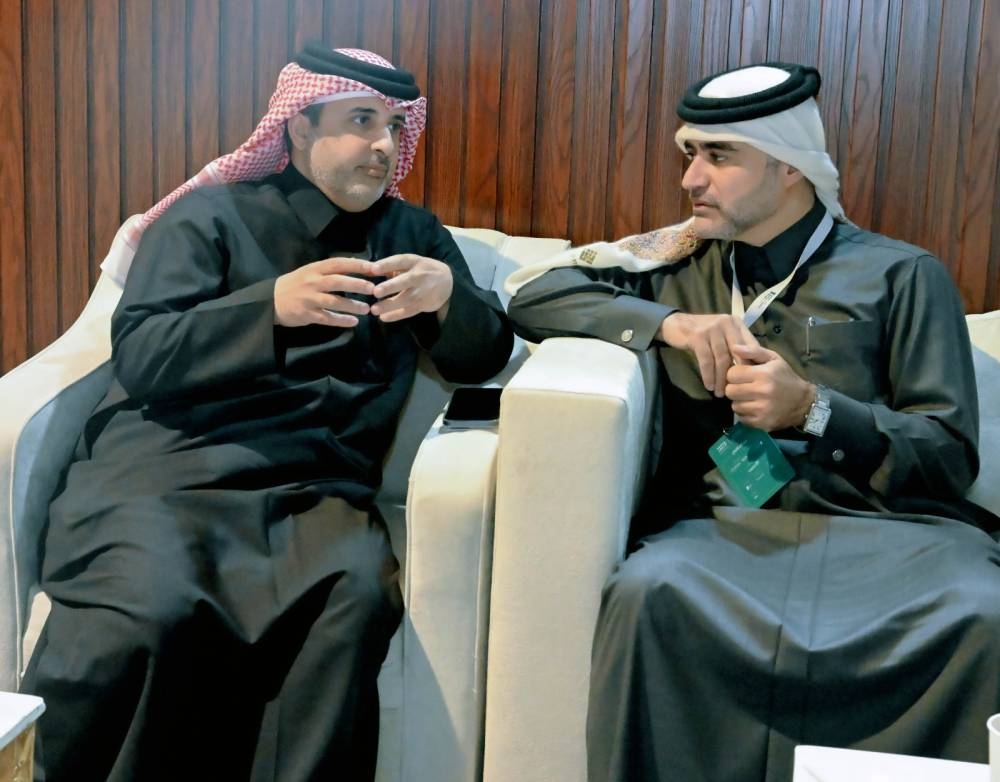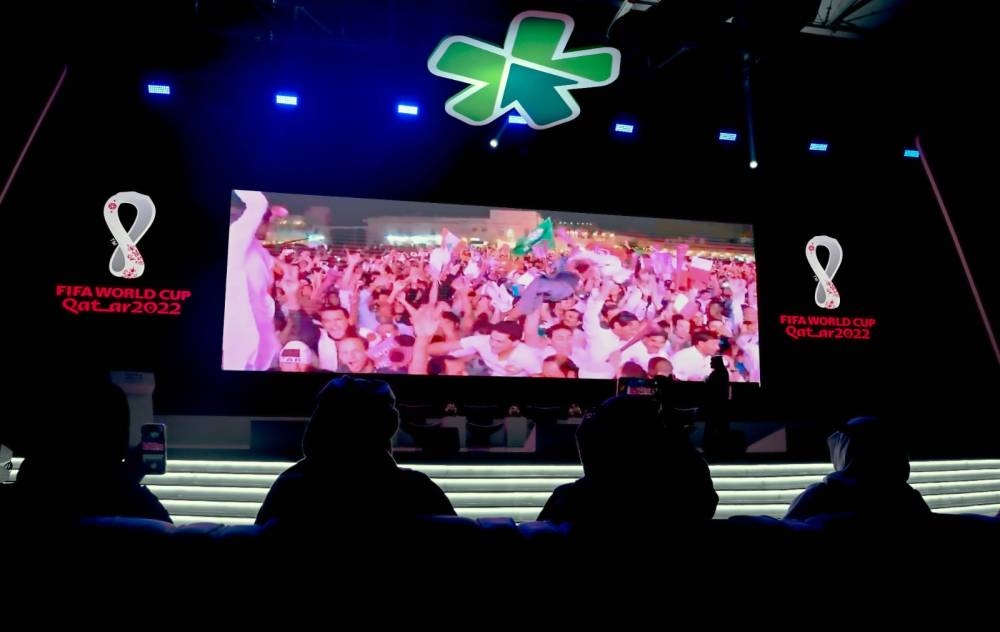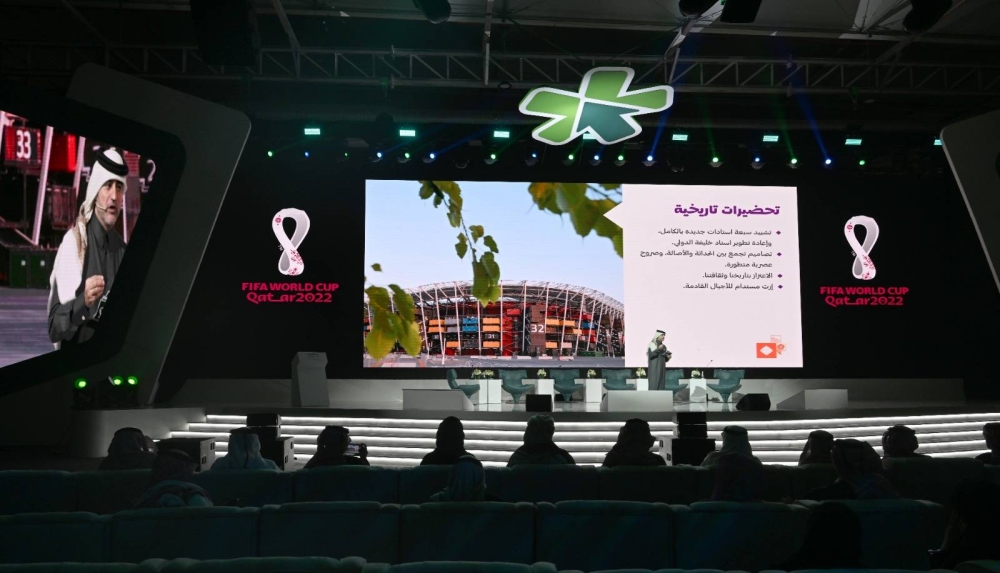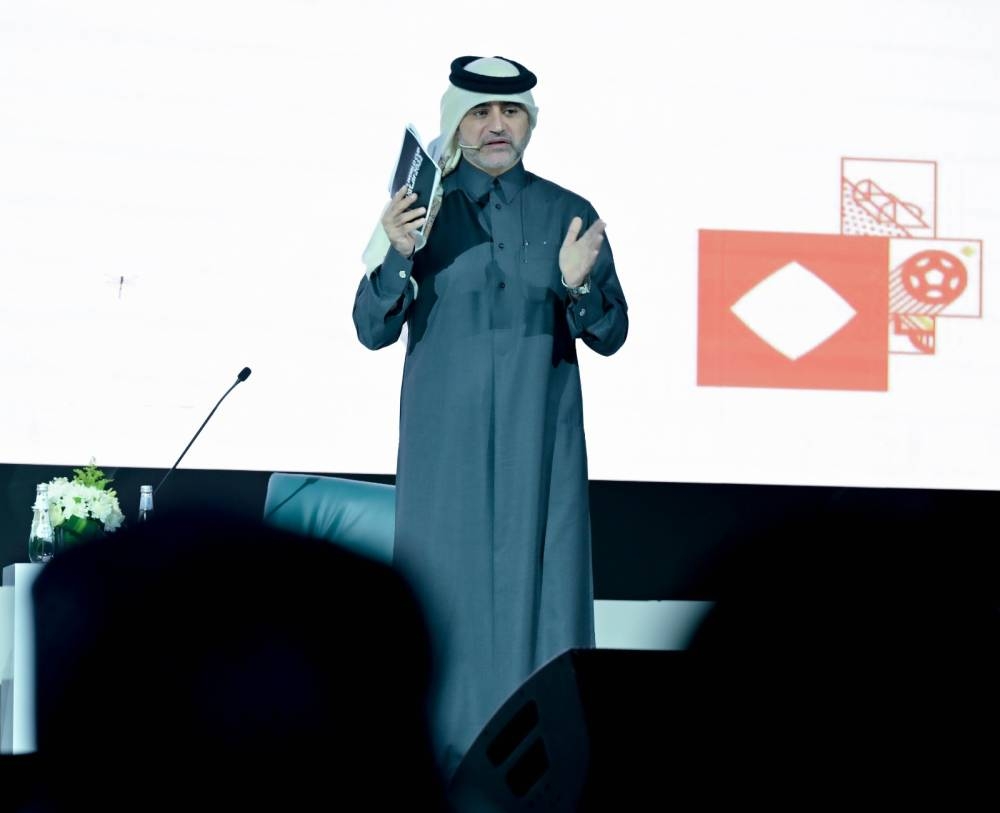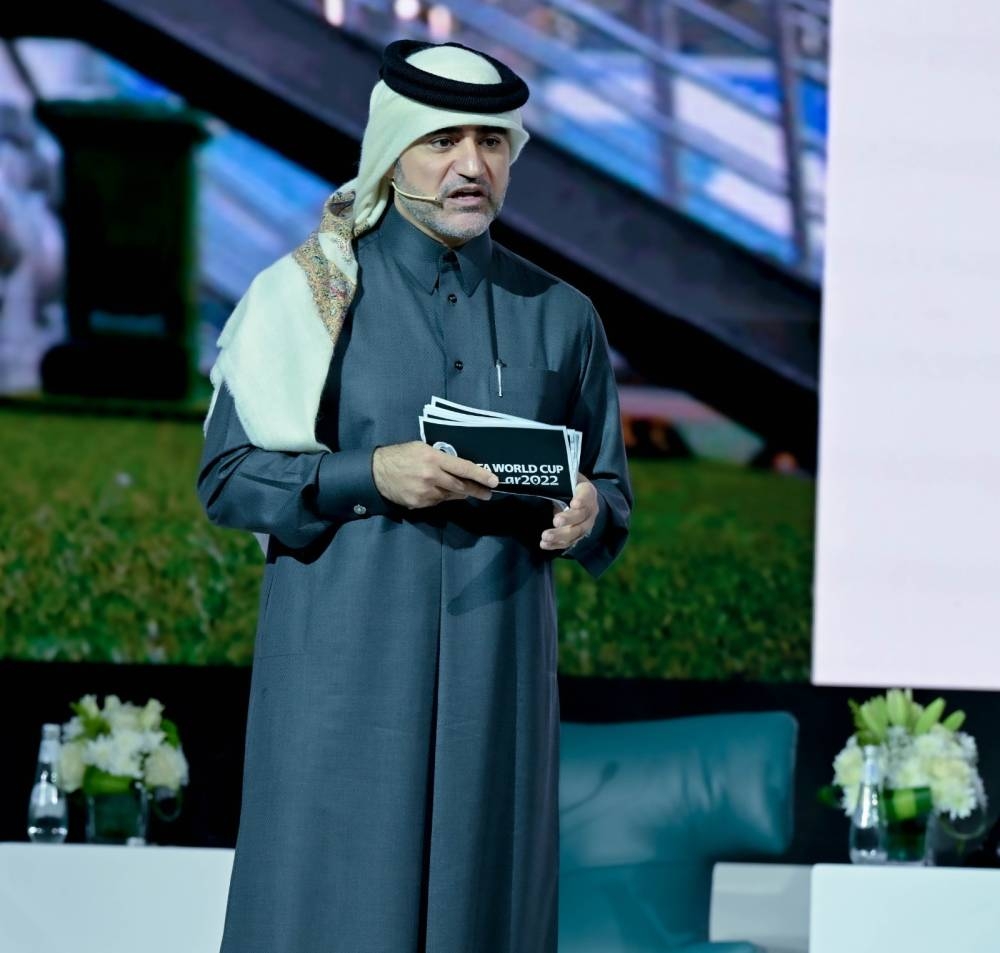Qatar’s FIFA World Cup journey was showcased during the second edition of the Municipal Investment Forum (FURAS) in Riyadh.
The Supreme Committee for Delivery & Legacy (SC) deputy director-general (Marketing, Communications & Event Experience) Khalid al-Mawlawi gave a speech at the event, outlining the bid process, infrastructure development, test events, and legacy programmes for the tournament, which was the first mega sporting event to be staged in the Middle East and Arab world.
Qatar 2022 was held over 29 days in November and December.
More than 1.4mn people visited Qatar during the tournament, which was held in eight state-of-the-art stadiums – all within an hour’s journey time of central Doha.
The tournament featured a record 172 goals and a final between Argentina and France that is regarded by many pundits as the greatest of all time.
Al-Mawlawi described Qatar 2022 as an achievement for all Arabs.
“I am pleased to reiterate what Qatar promised at the start of this journey – which is that Qatar 2022 would be ‘a tournament for all Arabs’,” he said. “These were the words of His Highness the Amir Sheikh Tamim bin Hamad al-Thani during the inauguration of Khalifa International Stadium in 2017.”
“There is no doubt that what the world witnessed in Qatar is an achievement for every Arab – and I hope it becomes an inspiration to everyone to strive for seemingly impossible dreams,” al-Mawlawi added.
He said that hosting the FIFA World Cup allowed Qatar to showcase the region in a positive light.
“We believed the time was right to bring the World Cup to the Arab world for the first time – to shed light on our culture and heritage, and change negative perceptions about the region,” al-Mawlawi continued. “We provided a platform which united fans through their passion for football and offered a golden opportunity for a beautiful exchange of cultures.”
The tournament also accelerated the goals of Qatar National Vision 2030, which aims to develop a knowledge economy and reduce the country’s reliance on hydrocarbons.
“A huge number of infrastructure projects were accelerated due to the World Cup, including new expressways, the Doha Metro and the expansion of Hamad International Airport,” said al-Mawlawi. “We have also created a host of accommodation and entertainment facilities which will be utilised by residents and visitors for decades to come.”
Qatar hosted the most compact edition of the FIFA World Cup in modern history.
The longest distance between stadiums was just 75km, meaning that fans, players, officials and the media were always in the thick of the action.
Public transport was free during the tournament, with most fans using the Doha Metro, which was directly connected to five stadiums.
“I believe we have created a blueprint for how to host a mega event in a compact and sustainable way,” said al-Mawlawi. “The numbers behind the tournament are huge: 3.4mn tickets sold, 1.4mn visitors overall, 18.2mn journeys on the Doha Metro and Lusail Tram.”
“More than 1.8mn people attended the FIFA Fan Festival,” he continued.
“The final was watched by an estimated 3.5bn viewers, while more than 5bn people engaged with the tournament,” al-Mawlawi added. “The eyes of the world were on Qatar for the entire 29 days.”
Looking to the future, he said, the infrastructure developed for the tournament will continue to benefit local communities for years to come.
“Each stadium reflects the culture and heritage of Qatar and the region,” al-Mawlawi said. “And, even more importantly, the facilities developed in stadium precincts are serving local people and promoting healthy lifestyles.”
“Al Bayt and Al Janoub stadiums have huge public parks, while other stadiums have a range of facilities and businesses that are boosting local communities,” he added.
Qatar
‘Qatar 2022 is an achievement for all Arabs’
SC's Khalid al-Mawlawi outlines Qatar’s FIFA World Cup journey during Municipal Investment Forum in Saudi Arabia
